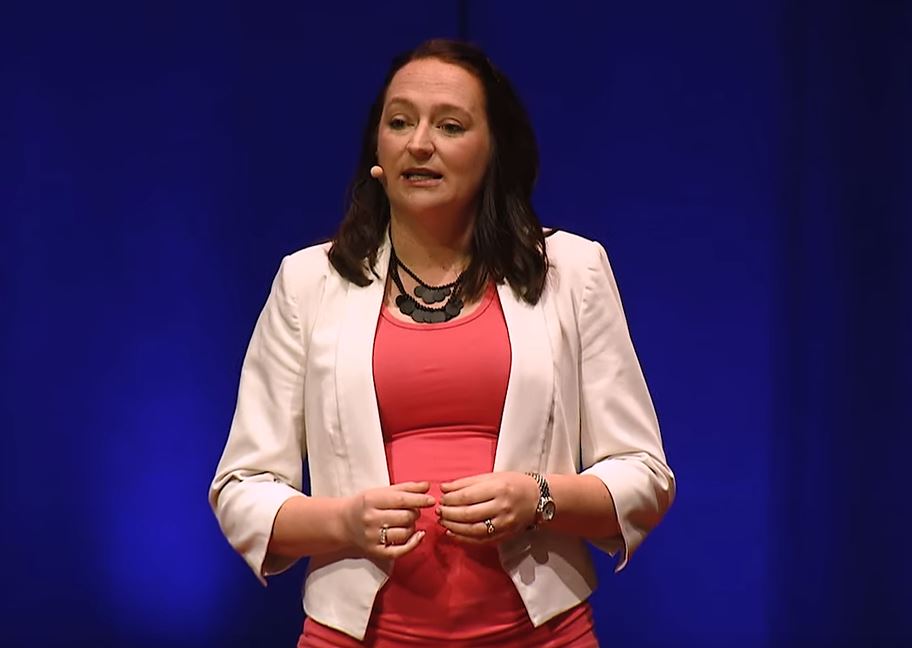Our group has a particular interest in acute lower respiratory infections, commonly known as chest infections.
These conditions include bronchiolitis and pneumonia and occurs secondary to viral and bacterial infections including viral pathogens respiratory syncytial virus (RSV), influenza, human metapneumovirus and parainfluenza virus and bacterial pathogens including Streptococcus pneumoniae and Bordetella pertussis. Chest infections are a major cause of childhood morbidity with some population subgroups experiencing higher rates of severe disease including Aboriginal and/or Torres Strait Islander children, those with co-morbidities and those from a lower socio-economic background.
The work of the Infectious Disease Epidemiology team centres around three key themes:
- Burden of Disease – understanding pathogen-specific burden of disease, temporal and seasonal trends in disease and perinatal risk factors to disease in population groups using a range of data sources.
- Prevention and Policy – evaluating current prevention policy, such as vaccination policy at local and population levels, incorporating assessment of vaccine coverage, cost effectiveness and overall program performance in reducing the incidence of disease. We also use data to advocate for new immunisation programs, including RSV.
- Diagnosis and Treatment - developing ways to improve surveillance of and the diagnosis and treatment of severe respiratory infections in children through prospective cohort studies, clinical trials and use of administrative health data.
Our team employs an array of methodologies including epidemiological analyses of large-scale population-based linked administrative health data; statistical and mathematical modelling; undertaking prospective cohort studies and clinical trials; and conducting social research.
Team leader

OAM BSc (Hons) GradDipClinEpi PhD

MBBS (Hons) DCH FRACP FRCPA PhD
Centre Head, Wesfarmers Centre of Vaccines and Infectious Diseases; Co-Head, Infectious Diseases Epidemiology, Wesfarmers Centre of Vaccines and Infectious Diseases, Honorary and NHMRC Emerging Leadership Fellow
Team members (19)

MInfecDis MPhil(App Epi)
Research Officer, Infectious Diseases Epidemiology

MD, MPH, PhD

BSc, MPH, MIDI

M.App.Epid., PhD

BSc MPH PhD
Senior Research Officer
Honorary Team Member

Carolyn Finucane
Research Nurse

Cathy Pienaar
Honorary Team Member

Charlie Holland
PhD Student

Damien Foo
Research Officer

Daniel Oakes
PhD Student

Dhruv Shah
Program Manager, Infectious Diseases Epidemiology Team

Fiona Giannini
Mathematical Modeller

Joanne Harvey
Clinical Trial Coordinator

Kate Britton
PhD Student

Leslie-Ann Conway
Honorary Team Member

Muna Jibril
Student

Zoe Clarke
Project Coordinator
Featured projects
Strep A Vaccine Global Consortium (SAVAC) 2.0
The mission of SAVAC, the Strep A Vaccine Global Consortium, to ensure that safe, effective and affordable Strep A vaccines are available and implemented to decrease the burden of Strep A disease in the most in need.
“It’s all gone quiet…” MUSIC from COVID19
Other projects
Estimating the Impact And Costs of Antimicrobial Resistance (AMR) at Perth Children’s Hospital The STAMP RSV Program Moort Vax Waangkiny: Understanding reasons for routine vaccine uptake among Aboriginal children aged <5 years in Perth (Boorloo) metro Infection Transmission in Early Childhood Education and Care: a mixed methods study to inform future interventions Enhancing Protection against Influenza and COVID-19 for pregnant women and medically at risk children: EPIC Study Patient-Reported Outcome Measures for Acute Lower Respiratory Infection (ALRI-PRO): Developing and Establishing Content Validity All Infectious Diseases Epidemiology projects






